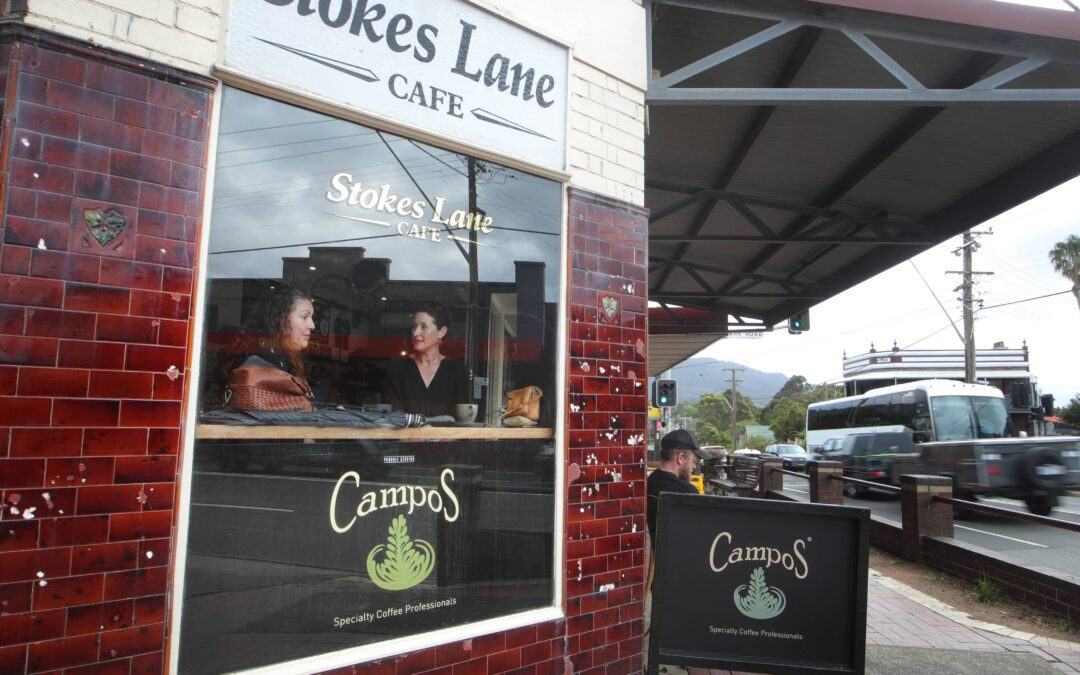The federal budget missed the mark this year, according to small businesses that had hoped to receive relief from sharp inflationary pressures.
Treasurer Jim Chalmers handed down the 2023-24 Federal Budget last night, and it much of its focus was on renewable energy and the transition away from fossil fuels in its assistance to businesses.
Stokes Lane Café owner Samuel Dodd said the budget failed to address inflation and said it was the largest problem faced by small businesses.
“They need to get harder on inflation somehow and get it down as quick as they can because it’s out of control,” he said.
According to the Australian Bureau of Statistics Count of Australian Businesses, small and medium businesses represent 99.8 percent of all businesses in Australia and 98 percent of the 140 000 businesses in the Illawarra.
The small business sector contributes 57 percent to Australia’s gross domestic product (GDP), injects more than $430 billion into the economy each year, and is key to the economic prosperity of the nation, according to the Parliament of Australia.
The Bulli café, along with other small businesses that have survived the COVID crisis, are now forced to contend with increased inflation that lifts the cost of doing business.
Colorful Modern Pie Chart Graph by UOWTV
According to the Australian Bureau of Statistics’ (ABS) latest release of Business Conditions and Sentiments, 46 percent of businesses experienced increases in their operating expenses in June 2022 compared to just 21 percent of businesses a year earlier.
The study found 44 percent of businesses expect operating expenses to continue to increase, with general cost and wage increases among the main reasons for the expected hikes in expenditure.
Two out of five Australian businesses expect to lift their prices by a greater amount than usual to combat the inflation crisis, according to a new batch of ABS figures. The small family-owned business in Bulli is among these statistics, having to constantly increase product prices in order to stay afloat.
“Everything is too expensive, I can’t print new menus fast enough to keep up with the increase in prices,” Mr Dodd said.
The figures revealed that 92 percent of businesses forced to increases prices, blame the costs of goods and services for the hikes.
“Everyone’s whinging about spending 500 dollars on groceries for their family, imaging shopping for a business”, Mr Dodd said.
“No one’s making any money at the moment, if you can get a wage as a small business owner, you’re happy.”
Colorful Modern Venn Diagram Graph by UOWTV
At a time when inflationary pressures are being felt by small businesses, the 2023-24 Federal Budget claims to reward small businesses with a range of financial measures.
According to an ABC article, small businesses are considered one of the “winners” of the 2023 budget , however business owners may not agree.
“The energy incentive is only a one-off payment of 500 dollars, that’s good, but when you’re paying over 4000 dollars for your electricity bill, what’s a couple hundred dollars towards it,” said Mr Dodd.
The spending allocated to businesses in this year’s budget is a “drop in the ocean” amongst the government’s projected $682 billion expenditure and delivers assistance to small businesses in areas they may not need it, while failing to address the core problem.
“If they don’t get inflation under control, we are going to see a lot more problems in another year’s time, especially with interest rates going up at the rate they are going up”, Samuel Dodd explained.
According to an opinion piece by The SmartCompany, the budget shows the Albanese government is listening to the small business community, but in the words of the small business owner “they didn’t tackle inflation hard enough”.

